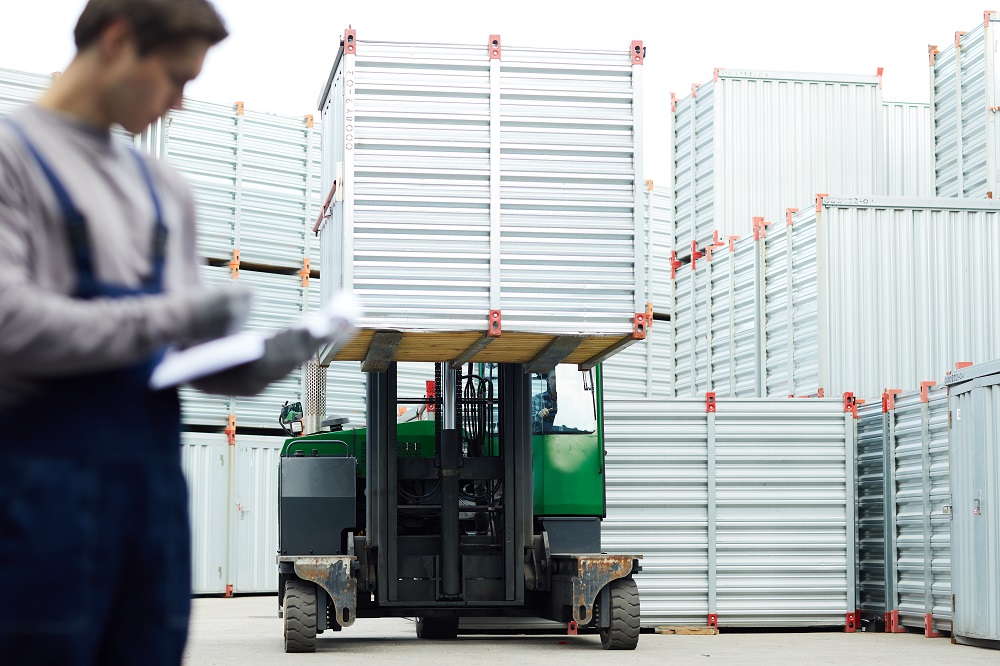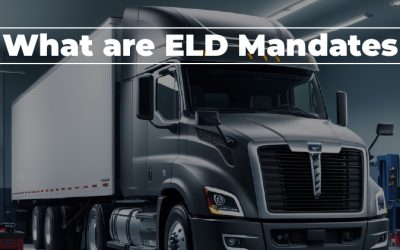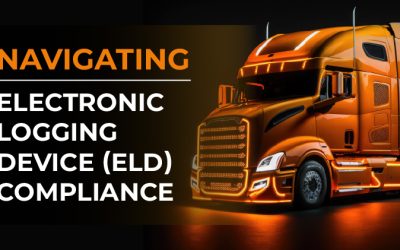
Every driver and fleet business owner knows their truck logs are important. Truck drivers must have good records of their time on the road and in their rigs to be licensed by their state. But what exactly does your truck log record? And can it get you into some serious trouble if you don’t know it?
The driver’s duty logbook is a must-have item for every professional truck driver. You can’t drive freight without it. FMCSA released an ELD rule that would require the installation of electronic logging devices (ELDs) in most commercial trucks over 10,000 pounds. The mandate was implemented on December 18, 2017.
What are truck logs, and why do I need them?
Truck logs are used in the trucking industry to record and report information on commercial vehicles. These logs include any data used for many purposes, including payroll, maintenance, safety compliance, fuel tracking, trip documentation, and more. Truck logs can be simple or complex, depending on what data you need to track.
The ELD (Electronic Logging Device) is an electronic version of the duty logbook, also called truck E logs. It replaces the truck paper logs and simplifies the process of recording driving hours.
To verify their compliance with the HOS standards, all CDL drivers who are required to keep an up-to-date Record of Duty Status (RODS) must use an ELD device. The truck driver logs are needed because it allows businesses to keep track of their personnel while ensuring that they adhere to the rules. Truckers may occasionally break the speed limit to complete a delivery more quickly. Employers and attorneys can check whether or not a truck driver is following the speed limit by keeping track of hours and miles driven in logbooks.
Another reason for the importance of the trucking log is that it is utilized as evidence in trucking accidents. ELDs are needed to effectively report your IFTA and save you the hassle of doing it manually. Want to check full details of why you need ELD? Click here
How often should a truck driver’s log be filled out?
Filling out your logbooks daily should be a habit if you haven’t already. Because the Department of Transportation (DOT) does not review your logs every day, it’s easy to get forgetful or complacent when it comes to filling them out.
Nonetheless, you can’t afford to ignore this duty because it may come back to bite you later. If you’re lucky, the DOT officer will let you off the hook for not keeping all of your logs up to date, but lady luck may not be on your side. As a result, it’s best to be safe and preserve current records.
And don’t do it just for the sake of doing it. Make the process as simple as possible; ensure you’re following the correct approach and using the best logging methods.
Other things to consider
Apart from the FMCSA’s guidelines, it’s also a good idea to examine additional strategies to maximize the benefits of truck maintenance logs. You should investigate linking your ELD with a telematics solution, even if it isn’t required.
According to GPS Insight, this will assist improving driver and public safety, increase driver productivity, eliminate common violations, improve maintenance management, save time spent reviewing truck paper logbooks, and improve dispatch efficiency.
To wrap things up!
Have you followed the new regulations, or are you waiting until the last minute to equip your fleet with the latest technology? With the ELD deployment already underway and the deadline passed, have you followed the new regulations, or are you waiting until the last minute to equip your fleet with the latest truck elogs technology? While it may appear that waiting will buy you more time, this is not the case. The consequences could be more costly than purchasing the equipment.
Legal action may be taken against you, and you may be fined. So, stay on the right side of the law and join the rest of the revolutionaries. It may not seem like it, but it’s intended to make your driving experience more accessible, safer, and better.









